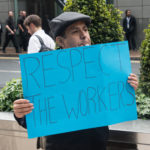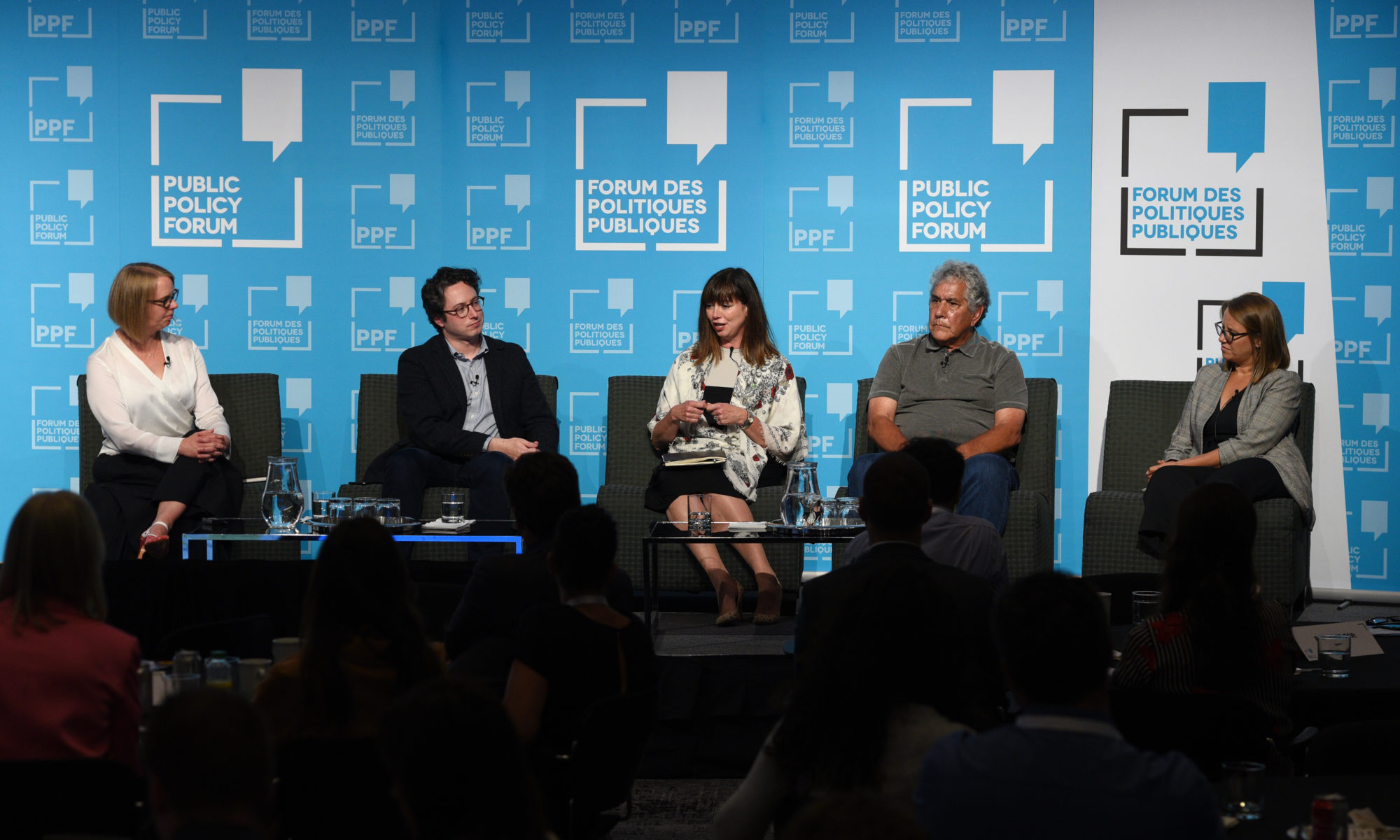
Brave New Work Newsletter #3
Five big things we learned at Brave New Work Conference and AI anxiety- Summary | Five things we learned at our Brave New Work Conference
- New report | Automation, AI and Anxiety: Policy Preferred, Populism Possible
- Blog | Robots will replace us! It’s not that simple — or that scary
- Event | Panel: Today’s Workers and Tomorrow’s Energy Sector
Conference Summary: Five big things we learned at the Brave New Work Conference
 The prospect of losing a job to automation may keep us up at night and change our politics, but there are other factors at play, too. Our Brave New Work Conference brought together over 200 top thinkers in Toronto on June 26 to discuss how business, labour, higher education, government and new disruptors can shape future-ready policy pathways. Throughout the conference five key themes emerged that address key challenges and some smart policy responses.
The prospect of losing a job to automation may keep us up at night and change our politics, but there are other factors at play, too. Our Brave New Work Conference brought together over 200 top thinkers in Toronto on June 26 to discuss how business, labour, higher education, government and new disruptors can shape future-ready policy pathways. Throughout the conference five key themes emerged that address key challenges and some smart policy responses.
New Report: Automation, AI and Anxiety: Policy Preferred, Populism Possible
Who is fearful of automation and what do they want politicians to do about it? In a new report for the Public Policy Forum’s Brave New Work project, Dr. Peter Loewen and Benjamin Allen Stevens finds a correlation between Canadians’ fear of job losses from automation and populist and nativist views—but also that Canadian’s favour traditional government policy approaches to job disruption, such as retraining, more than radical measures such as reducing immigration.
Blog: Robots will replace us! It’s not that simple — or that scary
The most popular way of analyzing the future of work — the labour substitution model — is far too narrow for our complex world. Based on Toward a Systems Framework for Technology and the Future of Work by David Ticoll, our latest blog post looks at three other dimensions of change that help us build a better understanding and prepare for tomorrow’s opportunities. See new approaches to measuring the impact of robots on the future of work.
New Event: Today’s Workers and Tomorrow’s Energy Sector
Join our discussion panel in Calgary
Event: Brave New Work panel & PPF Western Dinner
Date: 3 p.m. to 9 p.m., Nov. 13, 2019
Location: Telus Convention Centre, Calgary
Free panel tickets included with your Western Dinner reservation! Prior to PPF’s Western Dinner in Calgary, from 3 p.m. to 6 p.m., hear what we need to do to support workers as Canada’s energy needs and energy sector jobs change.
Energy is a major employer and source of economic growth in Canada, particularly in Alberta, so what opportunities will ensure Alberta’s workforce stays globally competitive?
What would you like to see in the next Brave New Work newsletter?
Send your feedback to Amy Davis, Policy Lead
PPF’s three-year project
The Public Policy Forum has embarked on a three-year research exploration called Brave New Work: Getting Ready for Canada’s Jobs Future, in which we are seeking to understand not just what is going on but what we can do about it. Nobody knows precisely how the future of work will unfold. What we know is that times have changed and that policies designed during an era of stability will need to be rethought.
We are asking questions such as:
- How long will the destructive part of creative destruction last?
- Will time tick down to zero on the political patience of the displaced?
- What reforms are needed to stave off the worst conceivable scenarios?
- Does the EI system prevail as the right platform for retraining workers?
- Do we need a new definition of work between full-time employees and contract workers?
- How should our otherwise excellent training and educational institutions adjust to remain agile?
- How will we ensure that the ranks of workers most in-demand – engineers and entrepreneurs, scientists and mathematicians, managers and marketers – will not favour one demographic over another and that opportunity will be inclusive?
This is serious stuff, so it will be all hands on deck. PPF will work with all orders of government, employers, unions, learning institutions, NGOs, Indigenous groups and employees themselves to sort out everyone’s respective responsibilities. We proceed from a precautionary principle: prepare for the worst and hope for the best. Smart reforms can only make for a better labour market system in either case. As a research institute with a broad base, we feel well positioned to play a central role on this topic. It’s one of the great policy challenges of our times.
Stay up-to-date by watching sessions from our Brave New Work Conference
Watch the full Brave New Work Conference livestream
Thank you to our lead sponsor:
 |
Thank you to our partners:
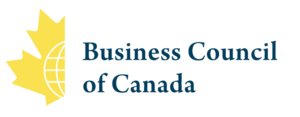 |
 |
 |
 |
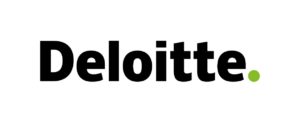 |
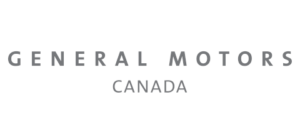 |
 |
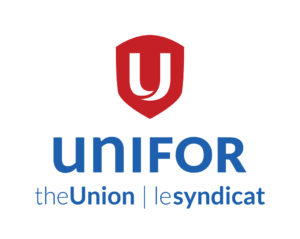 |



